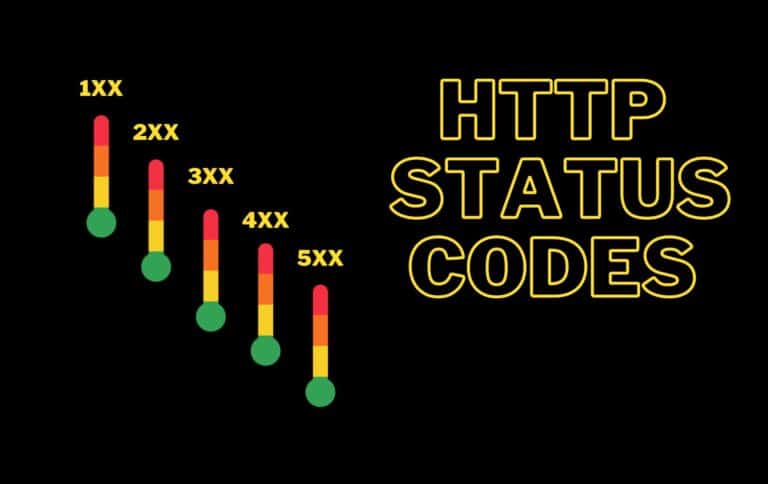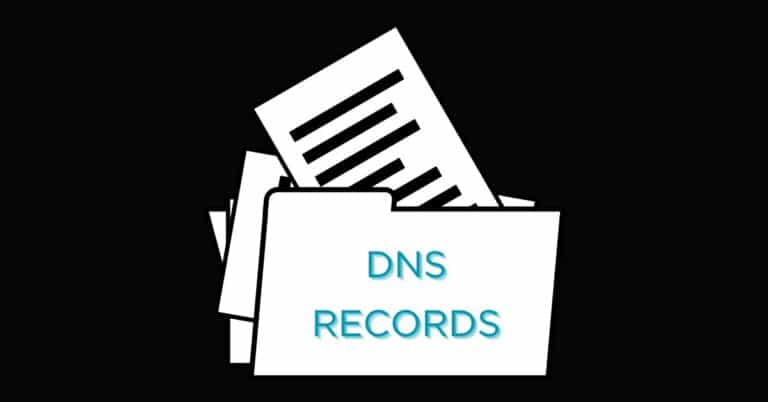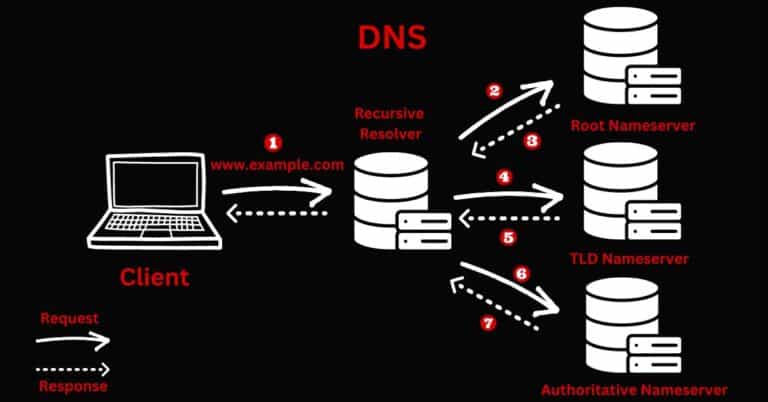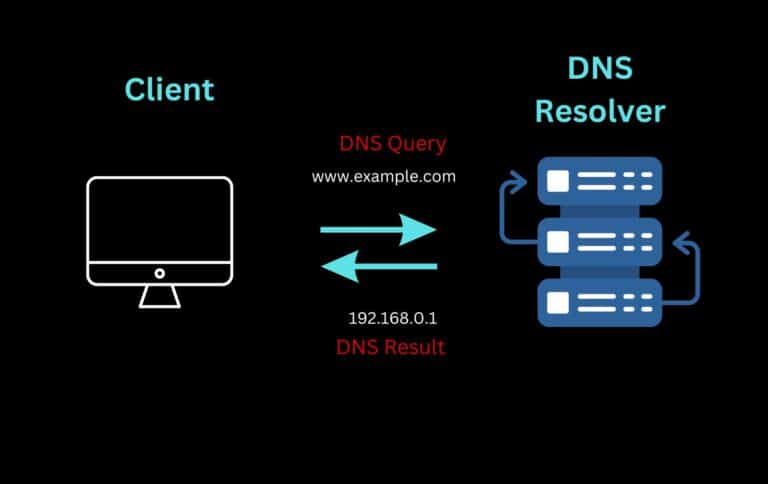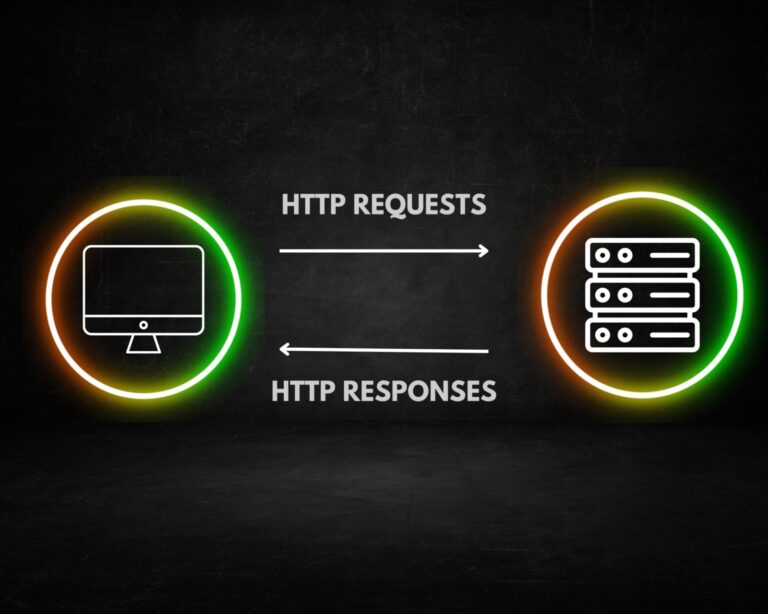Networking
HTTP status codes play a vital role in web communication, indicating the outcome of a request between a client (like a web browser) and a server. Understanding these status codes is crucial for both...
DNS Record: DNS records are like internet phone books, helping computers find websites by matching website names to their unique IP addresses. They ensure that computers can connect to the right...
Introduction: Imagine trying to access a website, only to find it taking ages to load. Frustrating, isn’t it? That’s where Content Delivery Networks (CDNs) come to the rescue! CDNs are...
Domain Name System DNS, short for Domain Name System, is like the phone book of the internet. When we browse the web or send an email, we use human-friendly domain names (e.g., www.example.com) to...
The DNS resolver is a remarkable component of the internet that acts as your personal guide to navigate the vast online landscape. When you type a website name into your browser, such as...
Introduction: In today’s interconnected world, where information flows seamlessly between devices and across continents, understanding network topology is crucial. Network topology refers to the...
What are Internet Cookies? Cookies are small files that websites store on your computer or device to remember information about your preferences and activities. They help websites provide a...
Introduction Have you ever wondered how websites remember what you like or keep track of things you put in your online shopping cart? Well, they use something called internet cookies! In this blog...
HTTP Requests and Responses: HTTP, short for Hypertext Transfer Protocol, is like a special language that computers use to communicate with each other on the internet. Just as you use words and...
